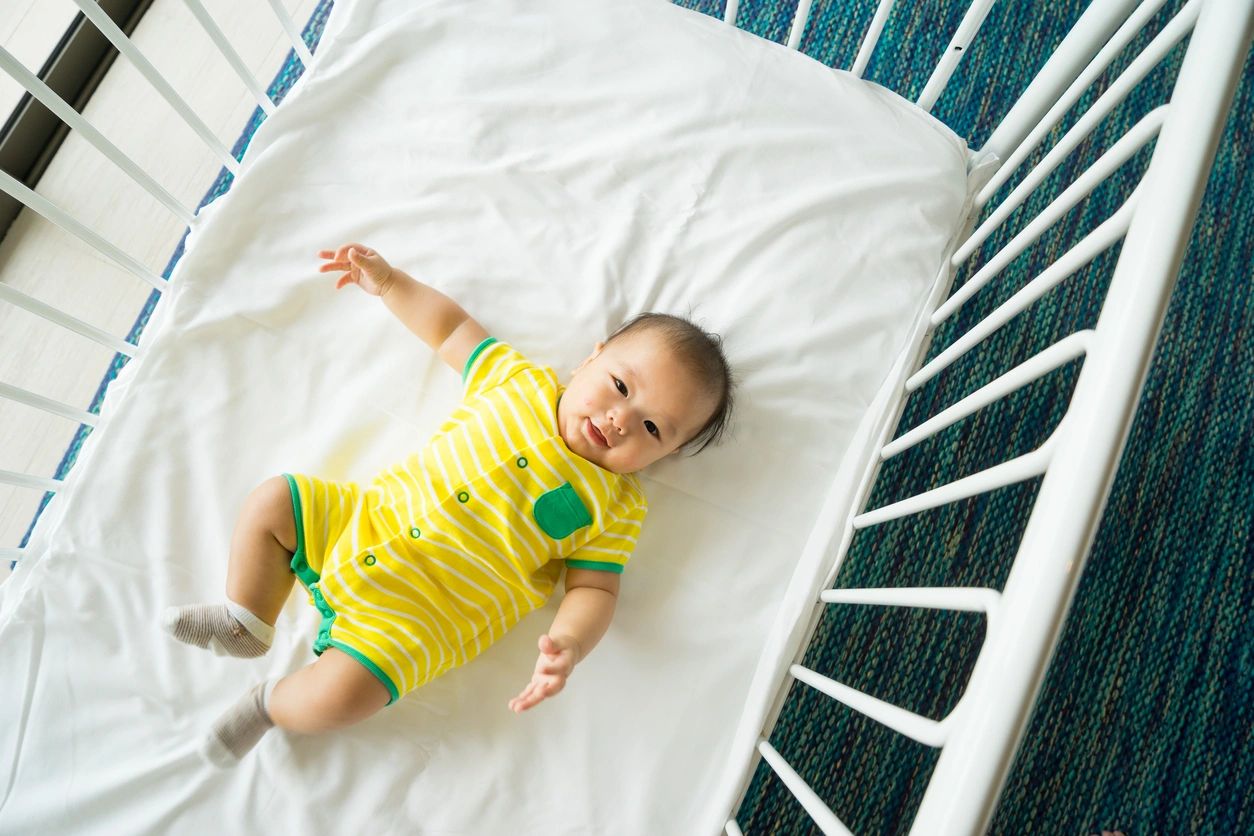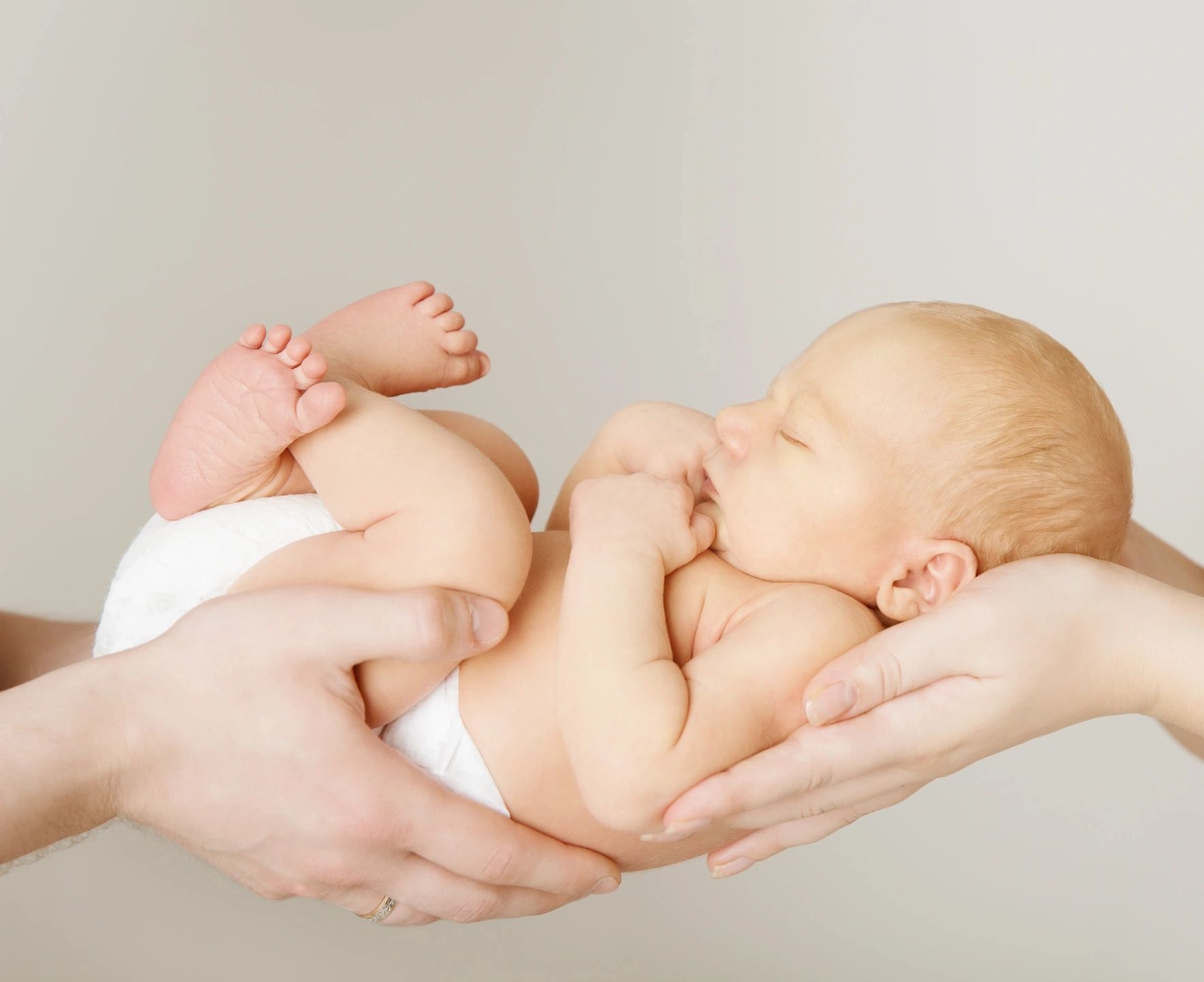Welcome Baby Care is a local business in Edina here to support moms and their babies pre and postpartum. Doulas, lactation consultants and in home care are their specialties. They have lots of experience and here are their favorite sleep tips for babies from 4-12 months.
1. No Solids at Bedtime
Solids offer little nutritional value at this age. The primary source of nutrition for infants in the first year of life is human milk or formula. Solids can also be difficult for an immature digestive system to digest and can often cause or exacerbate reflux, gas or tummy pain – all things which disrupt sleep! Offer solids no later than 5pm.
2. Tank Baby Up
Cluster feeding in the evenings is normal for breastfeeding babies! Melatonin levels in mother’s milk increase in the evening hours, helping baby sleep. Offer baby breast or bottle shortly before bedtime in a room other than Baby’s bedroom so that he learns to break the feeding-sleep association. Watch for drowsiness and end the feed at this point, putting baby down sleepy.
3. Choose a Bedtime Between 6 and 8 p.m.
Infants are biologically wired to go bed early! 11-12 hours is the expected amount of sleep needed, broken up by 1-2 feeding sessions. Choose a time that you can be consistent with and can commit to, taking into account both Baby’s needs and the family’s schedule.
4. White Noise
A must have! Infants are comforted by those womb sounds that they heard for 9 months. The noise should be not too loud, but not too quiet. Water sounds work well.
5. Darken Baby’s Room
The darker the better. No night lights. Black out shades are recommended, especially for naps and during the summer months.
6. Clear Out the Crib
Remove toys, mobiles and playthings. Keep the bed a place for sleeping only! It’s not a bad idea to limit active play in Baby’s room in general.
7. Add a Lovey
For babies 6 months and older, learning to emotionally self-regulate can be advanced by attachment to a soft inanimate object. Lovies need to have a FACE. Faces are processed in the emotion centers of the brain, triggering positive, calming responses.
8. Lower the Temperature
A cooler sleep environment keeps Baby from overheating. Set your thermostat at 68-72 for the night.
9. Consider a Dream-Feed
Feed Baby when YOU want go to bed (usually between 9 and 11 p.m. or about 3 hours from baby’s bedtime feed) either breast or bottle, even if Baby is sleeping and not cueing for food and especially if she wakes frequently for feeds or is in an active growth spurt. Do not wake Baby fully – just offer and see what she takes!
10. Reduce Stimulation
At least 1 hour prior to bedtime, quiet the home. Turn off TV, silence the phones and dim the lights. Engage Baby in quiet, calm interactions only! A bath may or may not be recommended, depending on Baby’s temperament. 30 minutes prior to bedtime, change Baby into PJs and a clean diaper. Add diaper cream! Sleeping through a wet diaper requires prevention for diaper rash.
And that’s it – Welcome Baby Care’s top 10 sleep tips for babies.


